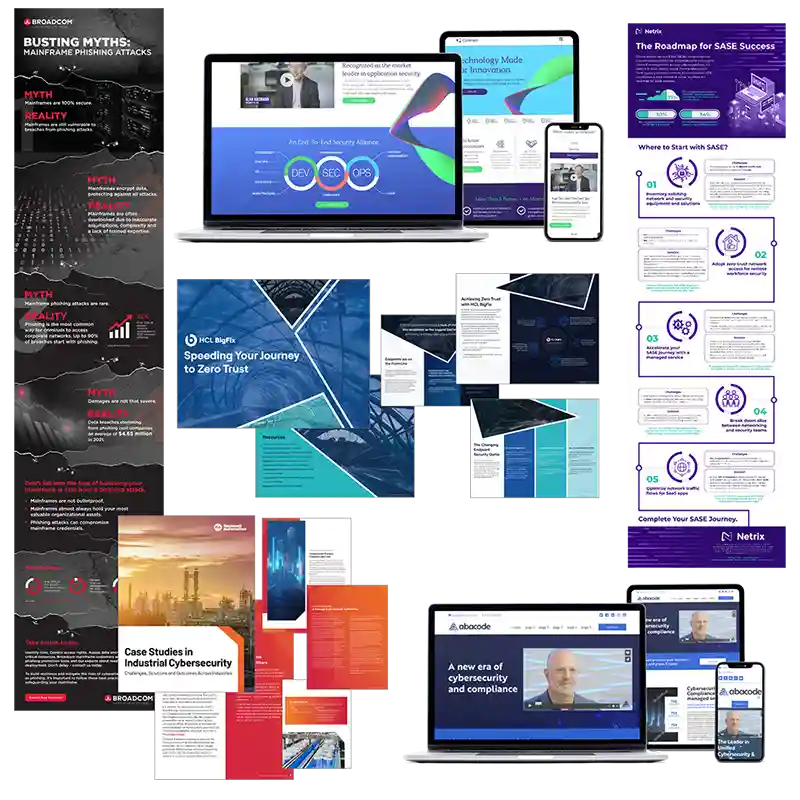Identify ideal customer profiles
Agencies can help businesses define their ideal customer profiles (ICPs) and target marketing efforts to the most relevant audiences.
Develop lead nurturing strategies
Agencies can implement lead nurturing campaigns that entice potential clients through the sales funnel, providing them with valuable information and strengthening relationships.
Convert leads into customers
Agencies can deploy sales enablement techniques that work to empower sales teams to effectively close deals and convert qualified leads into paying customers.













